AviAHot™
Aptamer Hot Start Taq DNA Polymerase
What is Aptamer Hot Start Taq DNA Polymerase?
AviAHot™ (Aptamer Hot Start Taq DNA Polymerase) is an advanced enzyme technology designed to enhance the specificity and efficiency of Polymerase Chain Reaction (PCR) by utilizing a nucleic acid-based aptamer for enzymatic inhibition. Traditional Taq DNA polymerase can sometimes lead to non-specific amplifications and primer-dimer formations during the setup phase due to its activity at lower temperatures. Aptamer Hot Start Taq DNA Polymerase overcomes this by incorporating an aptamer that specifically binds and inhibits the Taq polymerase at room temperature, yet releases and activates the enzyme at higher temperatures during the initial denaturation step of the PCR cycle.
Our offering, AviAHot™, leverages this innovative technology, ensuring that your PCRs are as precise and efficient as possible. Aptamer-driven inhibition is a reversible process, meaning the aptamer detaches at high temperatures (usually around 95°C), allowing the Taq polymerase to perform its function of DNA amplification without any unwanted side reactions.
By integrating this aptamer-based regulation, AviAHot™ addresses key PCR challenges, including the reduction of non-specific binding and primer-dimer formation, contributing to higher fidelity and cleaner results. This makes it suitable for a broad range of applications, from routine diagnostic assays to more complex and demanding molecular biology research.
Differences Between AviAHot™ (Aptamer Hot Start Taq DNA Polymerase) and AviAHot™ (Chemical Hot Start Taq DNA Polymerase):
Despite both Aptamer Hot Start and Chemical Hot Start Taq DNA Polymerases serving the primary function of enhancing PCR specificity by preventing premature enzyme activity, they differ fundamentally in their mechanism of action, purity, and practicality in various laboratory settings.
Mechanism of Inhibition
AviAHot™:
- Mechanism: Aptamer Hot Start technology uses short, single-stranded oligonucleotides called aptamers that bind to the Taq DNA polymerase at lower temperatures. This binding specifically inhibits the enzyme’s activity, preventing it from extending primers non-specifically or forming primer-dimers when the reaction is at room temperature or during initial thermal cycling stages.
- Activation: When the temperature increases to the denaturation step (typically 94-95°C), the aptamer undergoes denaturation itself, causing it to unbind and thus releasing the polymerase. This activation ensures that the enzyme becomes active precisely when required, minimizing any chances of non-specific amplifications.
- Reversible Binding: One of the significant benefits of aptamer-based inhibition is its reversible nature. This reversible and non-covalent interaction preserves the enzyme’s natural configuration without requiring permanent modifications.
AviCHot™:
- Mechanism: Chemical Hot Start Taq DNA polymerase utilizes chemical groups to covalently modify and inhibit the enzyme at lower temperatures. These modifications block the catalytic activity of the enzyme until they are removed through a high-temperature activation step.
- Activation: During the initial denaturation step (94-95°C), the high temperature either removes or alters these chemical groups, restoring the polymerase's activity. This ensures that the enzyme starts working only after this high-temperature step, which is crucial to preventing unwanted primers and non-specific bindings.
- Permanent Modification: Unlike aptamers, the chemical modification is a permanent alteration of the enzyme, which might affect the enzyme's structure, potentially altering its efficiency or activity post-activation.
Purity and Contamination Risk
AviAHot™ :
- Higher Purity: Since the aptamer is a small nucleic acid sequence, it is less likely to introduce contaminants. The process does not require the addition of chemical modifiers or other additives that could affect the overall purity and performance of the enzyme.
- Reduced Contamination Risk: The aptamer approach minimizes the potential for introducing foreign substances that could interfere with sensitive downstream applications, making AviAHot™ a compelling option for high-stakes PCR applications such as clinical diagnostics or research requiring high fidelity.
AviCHot™ :
- Potential Contaminants: The chemical modification process may involve various compounds that could introduce contaminants into the enzyme preparation. These additives might hamper some highly sensitive PCR applications, especially in clinical or forensic settings where unparalleled accuracy is essential.
- Stability Considerations: While chemical modifications are effective, stability during storage and repeated freeze-thaw cycles can be a concern, potentially affecting long-term enzyme activity and reliability.
Practicality and Ease of Use
AviAHot™ :
- Convenience: AviAHot™ Taq is extremely user-friendly. The aptamers ensure immediate inhibition at room temperature during reaction setup, allowing for flexible timing without worrying about premature enzyme activity.
- Efficiency: The enzyme remains fully functional post-activation, which can translate to more robust and consistent PCR results. This can be particularly beneficial in protocols requiring meticulous accuracy or automation.
AviCHot™ :
- Setup Limitations: Reagents involving chemical inhibitors require careful handling and storage to maintain enzyme integrity. The setup might be slightly less forgiving than the aptamer-based method due to the permanent nature of chemical modifications.
- Activation Complexity: The necessity for a high initial activation temperature ensures that there is no premature activity; however, this can stress enzyme performance over time, impacting PCR consistency across multiple runs.
Choosing AviAHot™ for Superior PCR Performance
By specifically opting for AviAHot™, researchers and lab technicians can benefit from the combined strengths of high specificity, ease of use, and minimized contamination risks.
AviAHot™ is designed with an emphasis on maintaining the natural activity and integrity of Taq DNA polymerase while seamlessly incorporating cutting-edge aptamer technology for precise inhibition. This makes it an ideal choice for various PCR applications, from basic research to clinical diagnostics and high-throughput genomic studies.
Opt for AviAHot™ to ensure that your PCRs benefit from enhanced accuracy, efficiency, and reliability, from setup to final amplification.

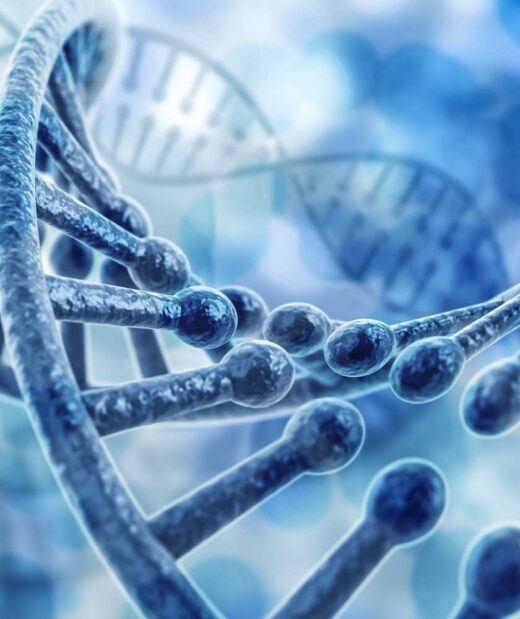
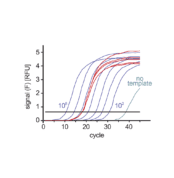
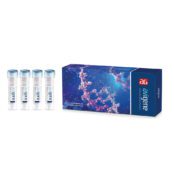
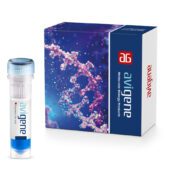
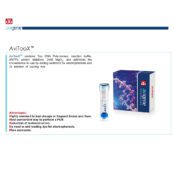
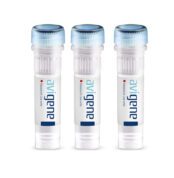
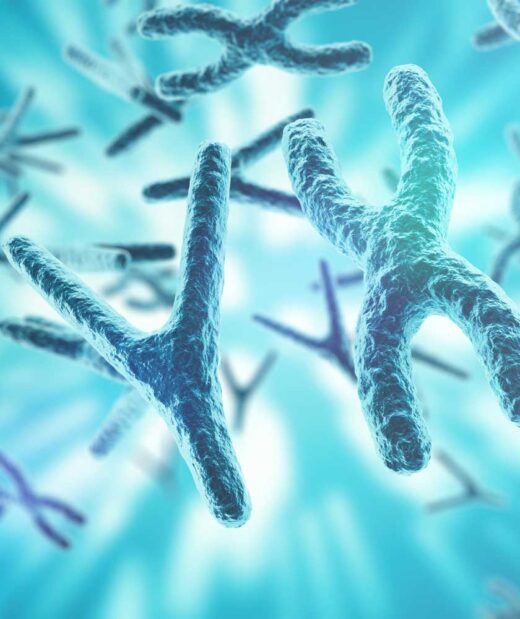
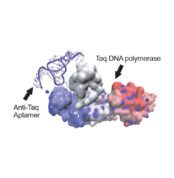
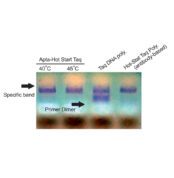
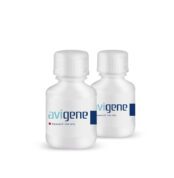
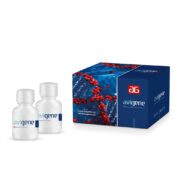
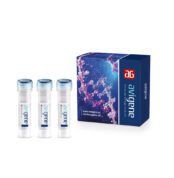
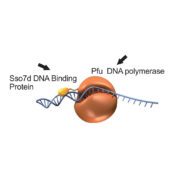
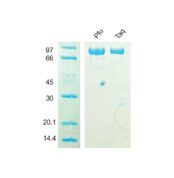
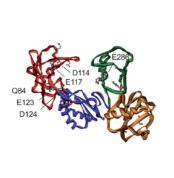
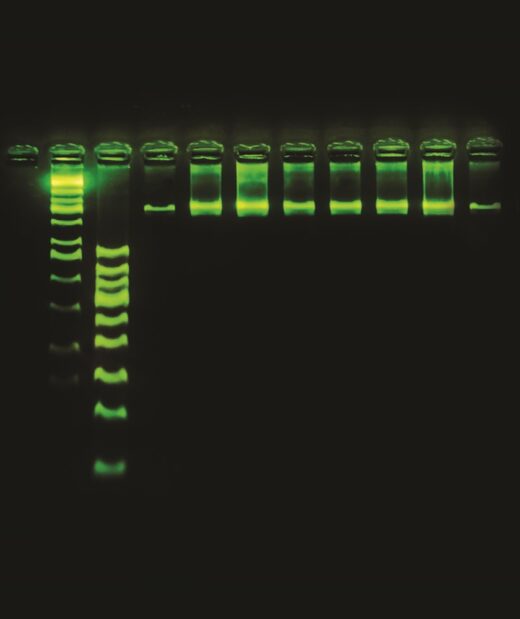
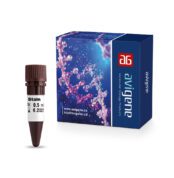
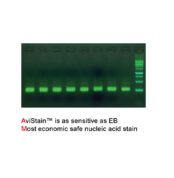
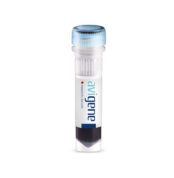
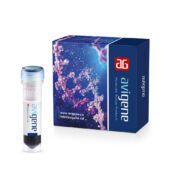
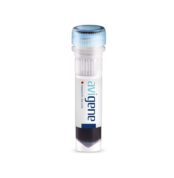
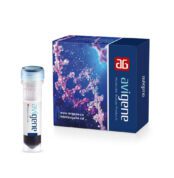
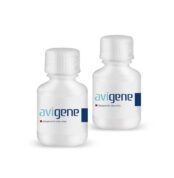
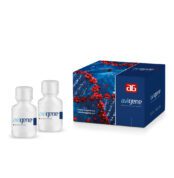
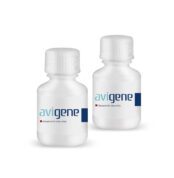
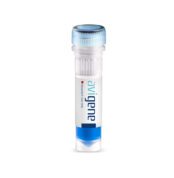
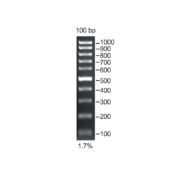
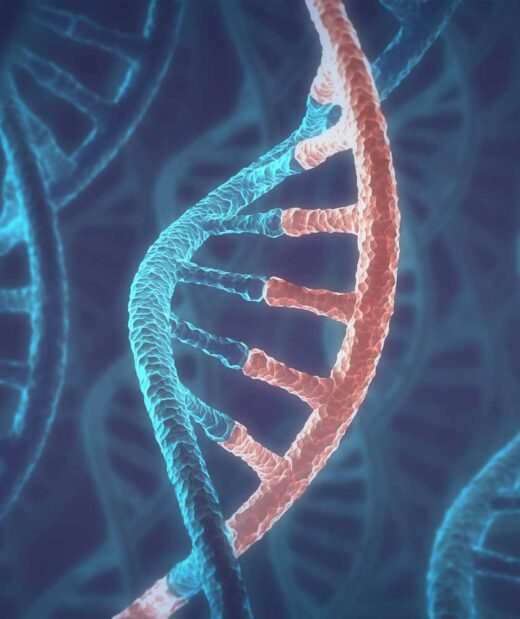
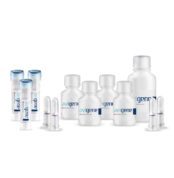
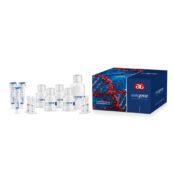
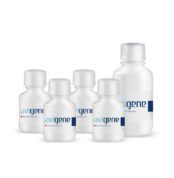
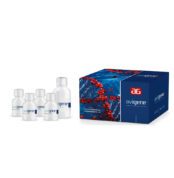
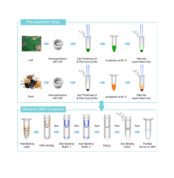
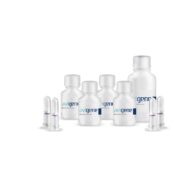
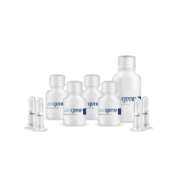
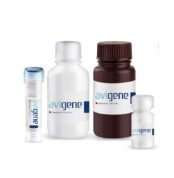
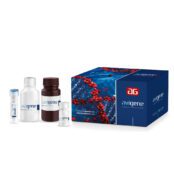
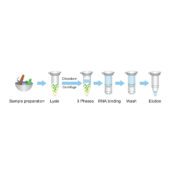
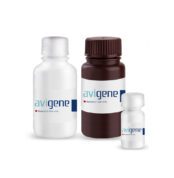
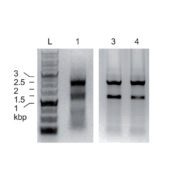
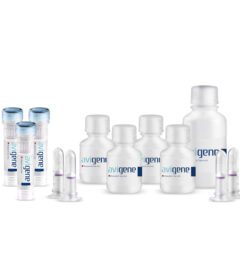
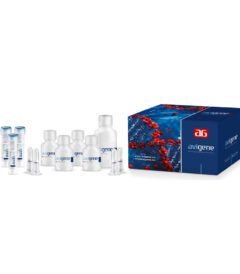
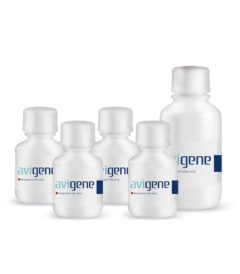
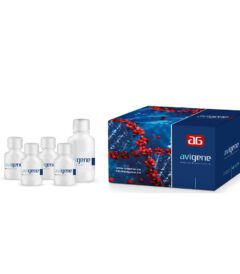
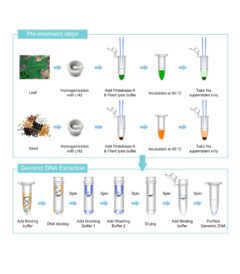
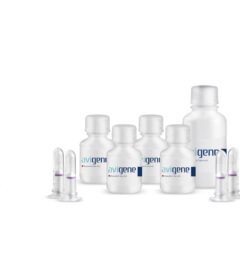
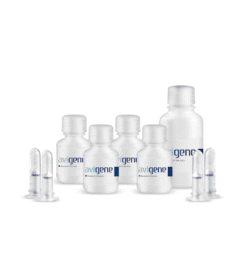
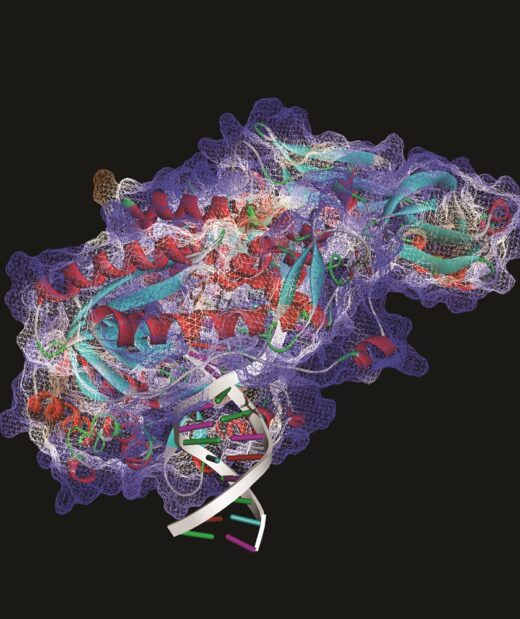
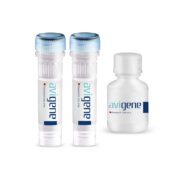
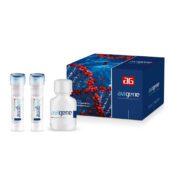
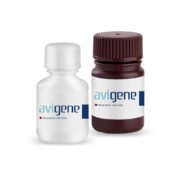
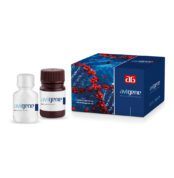
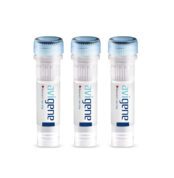
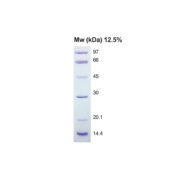
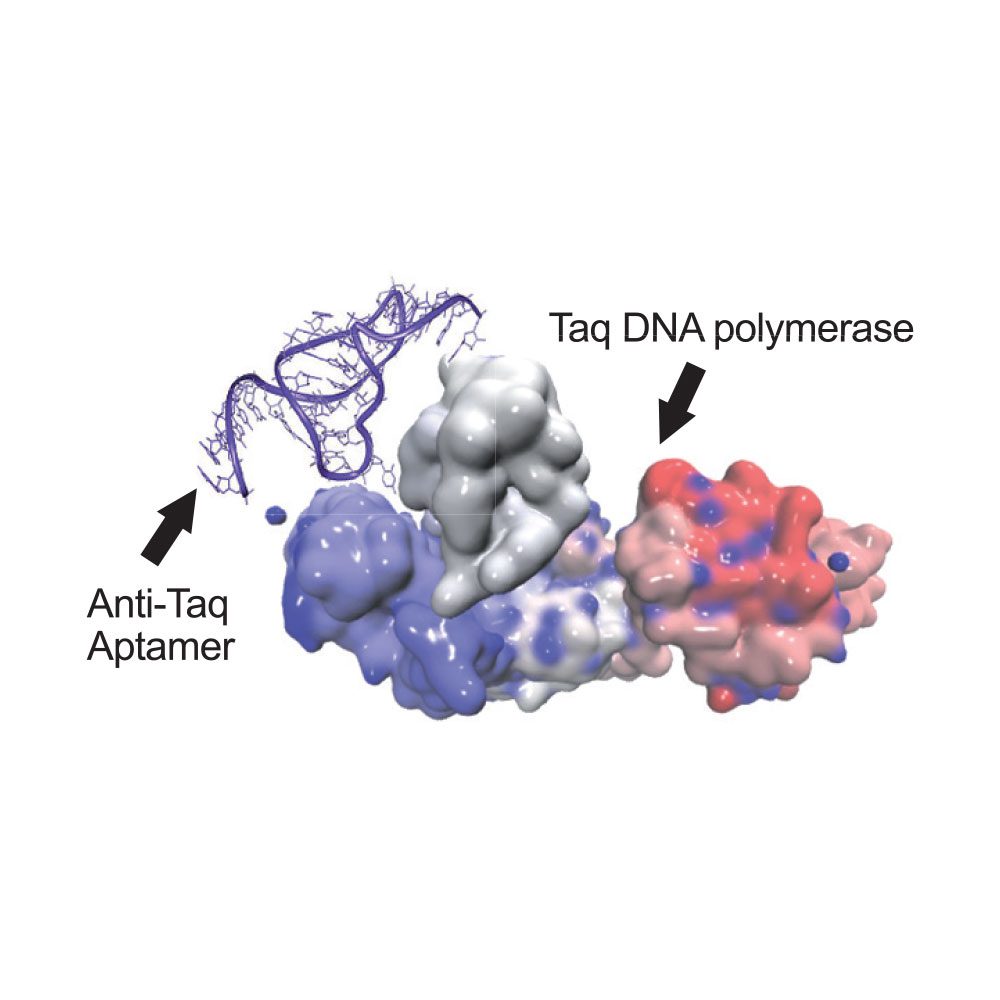
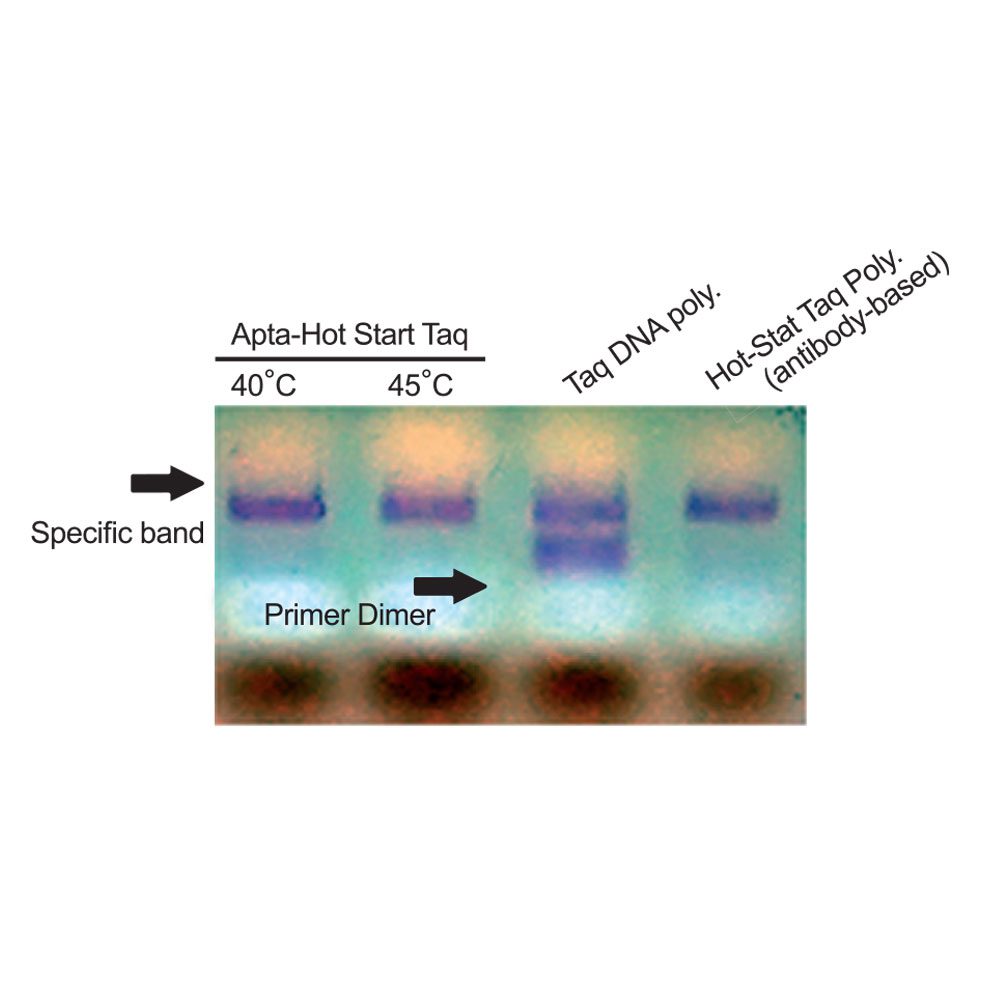



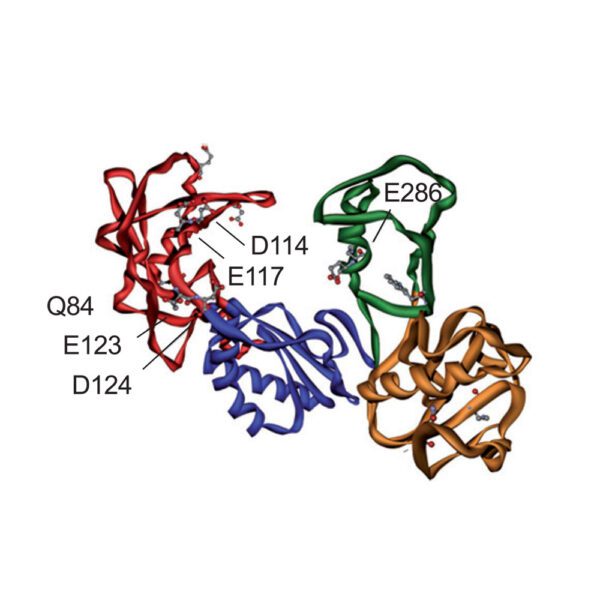


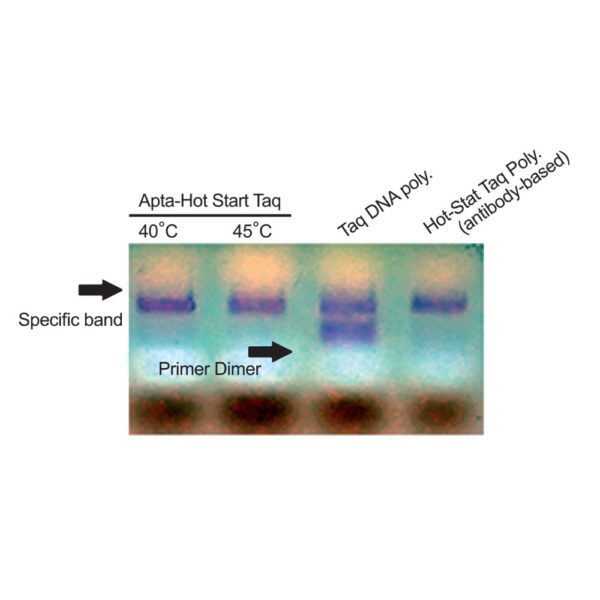
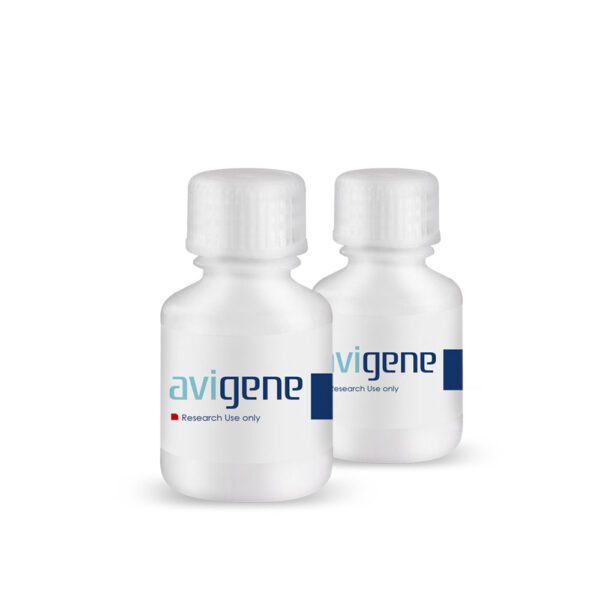
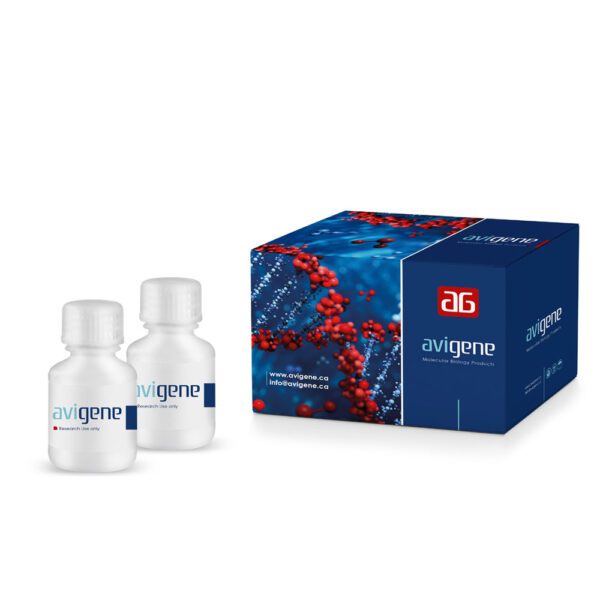
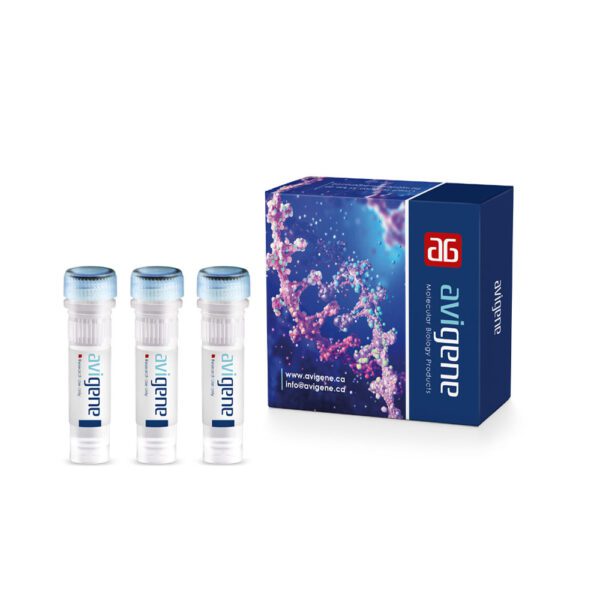

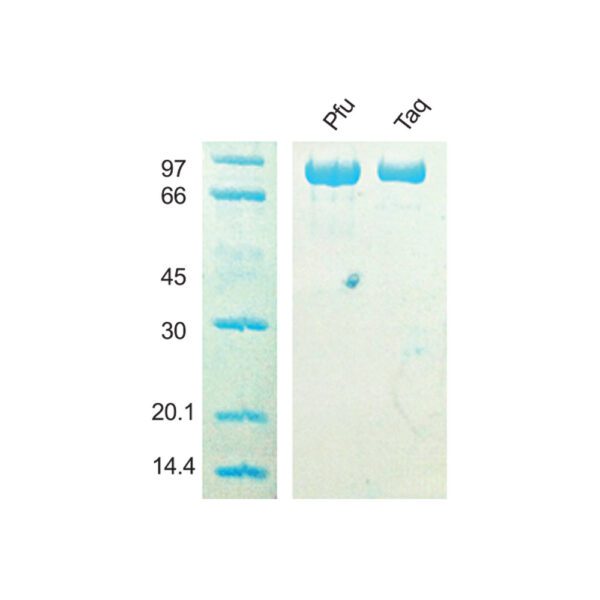
Reviews
There are no reviews yet.